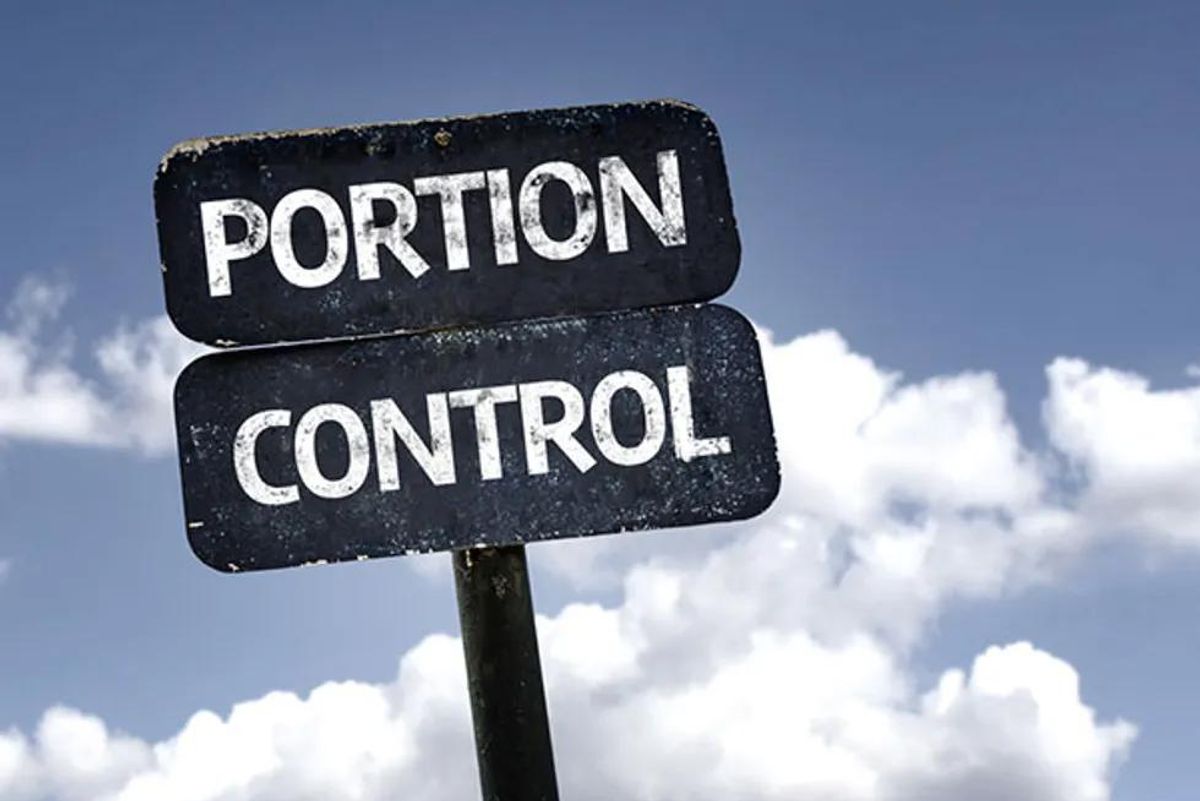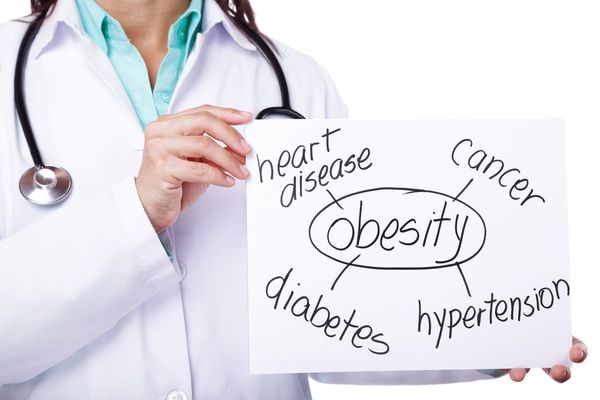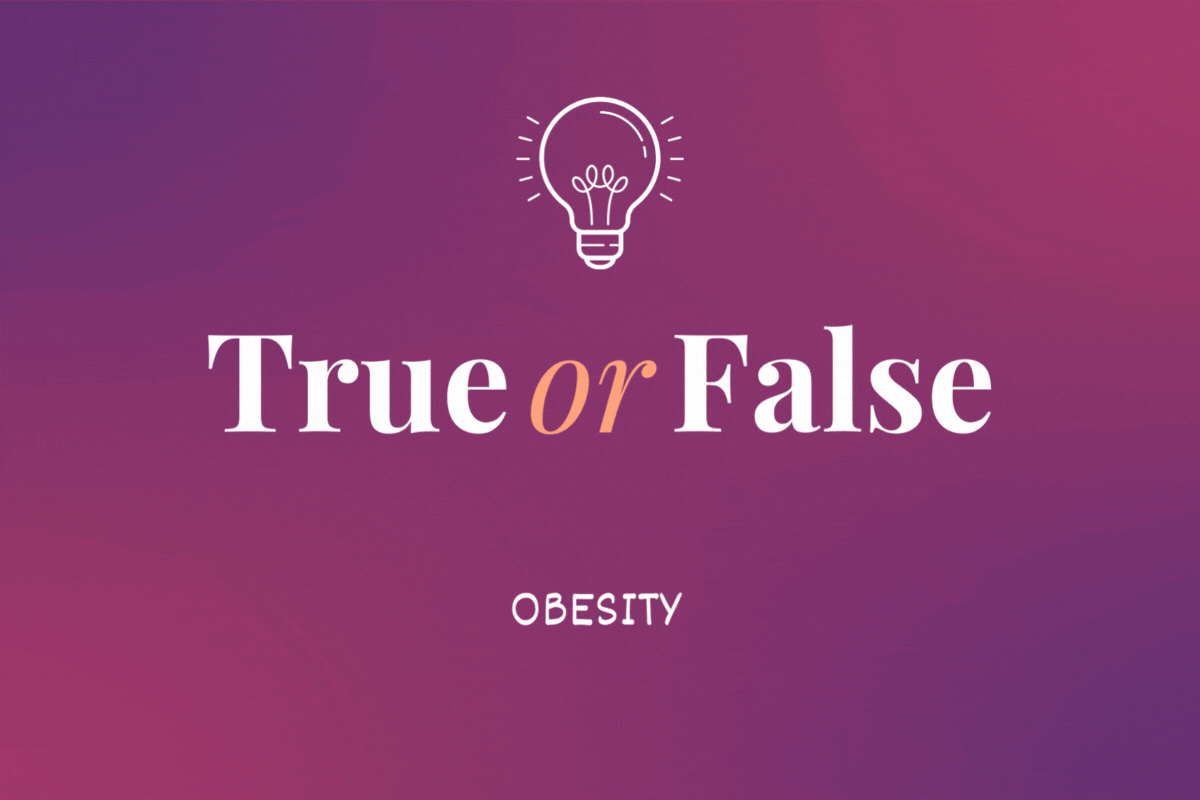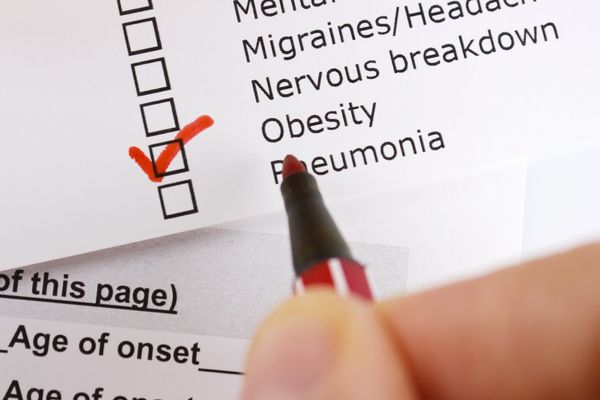

HealthyWomen Editors
Full BioLearn about our editorial policies
Medically Reviewed
THURSDAY, Nov. 5, 2015 (HealthDay News) -- Despite their bad reputation, junk food, fast food and soda aren't the root cause of America's obesity epidemic, Cornell University researchers contend.
While these sugary and salt-laden foods may not be good for your health, the scientists found no significant difference in how much of these foods either overweight or normal weight people consumed.
The real problem, according to the researchers: too many Americans eat too much.
"These are foods that are clearly bad for you and if you eat too much of them they will make you fat, but it doesn't appear to be the main driver that is making people overweight and obese," said lead researcher David Just, co-director of the Cornell Center for Behavioral Economics, in Ithaca, N.Y.
"For 95 percent of the country, there is no relationship between how much fast food and junk food they're eating and their weight," Just said. "Because of the bad habits we have, with all our food, just eliminating junk food is not going to do anything."
But that doesn't mean it's OK to eat junk food. "These foods aren't good for you," he said. "There is no good argument for soda in your diet."
Just said a broader approach is needed to fight the obesity epidemic. "We are eating too much generally. We need to cut back on our total consumption. We need to be better about exercising," he recommended.
Diet and exercise are the key to losing weight, Just said. "There is nothing flashy about that advice," he said. "It's not magic, there is no silver bullet here."
The report was published Nov. 5 in the journal Obesity Science & Practice.
For the study, Just and his colleague Brian Wansink, director of the Cornell Food and Brand Lab, used the 2007-2008 National Household and Nutrition Examination Survey to analyze a sample of about 5,000 adults in the United States.
The researchers found that consumption of soda, candy and fast food was not linked to weight gain for 95 percent of the population. The exceptions are people who are on the extreme ends of the weight spectrum -- those who are very underweight and those who are severely obese. These folks ate more fast food and fewer fruits and vegetables, the study revealed.
Samantha Heller, a senior clinical nutritionist at New York University Medical Center in New York City, said, "One must be careful not to misinterpret the findings of this study to mean that eating fast food, candy and soft drinks does not affect the health of children and adults."
Research has linked fast food, candy and sugar-sweetened beverages with heart disease, weight gain, type 2 diabetes and an increased risk of dying from heart disease, she said.
"Anecdotally, the diets of the patients I see who are struggling with being overweight or obese are often high in fast and junk foods and sugar," Heller said.
Highly processed foods tend to trigger cravings for more of the same because of their chemical make-up and the body's physiological response, Heller explained. These kinds of diets can result in a vicious cycle of eating and craving less healthy foods, she added.
"As a registered dietitian, my goal is to encourage people to be healthy, not skinny," Heller said. "So instead of only recommending cutting calories, we want to also focus on making healthy and affordable food choices, creating strategies for eating out and on the go and enjoying less processed foods."
SOURCES: David Just, Ph.D., professor and co-director, Cornell Center for Behavioral Economics, Ithaca, N.Y.; Samantha Heller, M.S., R.D., senior clinical nutritionist, New York University Medical Center, New York City; Nov. 5, 2015, Obesity Science & Practice
Copyright © 2015 HealthDay. All rights reserved.
You might be interested in





